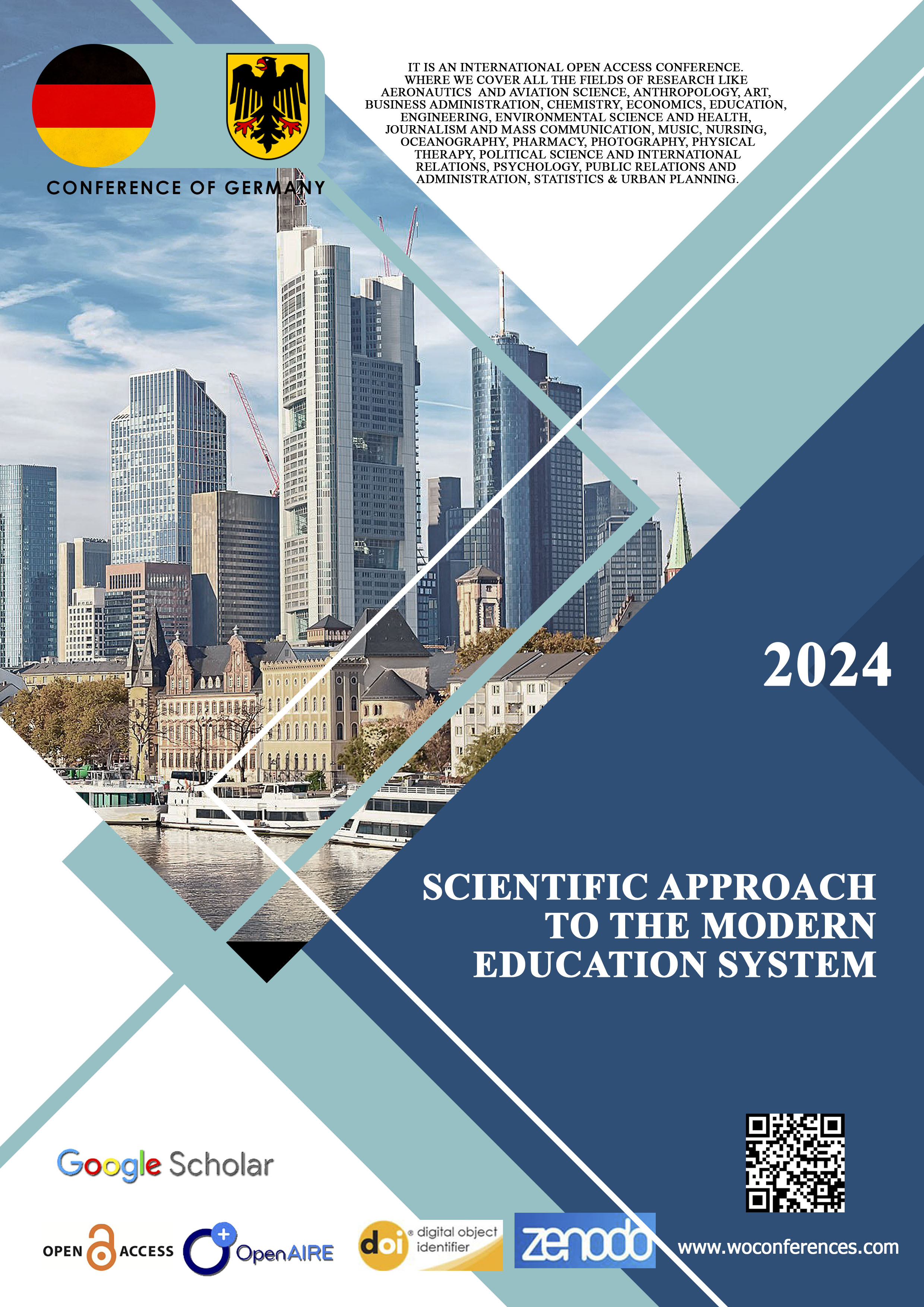OVERCOMING LEARNING DISABILITIES: STRATEGIES FOR TEACHERS AND PARENTS
Abstract
This article provides an overview of different types of learning disabilities, such as dyslexia, dyscalculia, ADHD, and auditory processing disorder. The author discusses the impact of learning disabilities on academic performance and highlights the importance of identifying and addressing these conditions early. The article also covers IEPs and 504 plans, which are tools designed to provide specialized support and accommodations to students with learning disabilities. Additionally, the author presents research-based instructional strategies and interventions (such as explicit instruction, reciprocal teaching, assistive technology, multi-component interventions, and social skills training) that teachers can use to support students with learning disabilities. The article emphasizes the importance of collaboration between teachers, parents, and special education professionals in supporting the academic and social-emotional needs of students with learning disabilities.
Keywords: Learning disabilities, dyslexia, dyscalculia, ADHD, auditory processing disorder, academic performance, IEPs, 504 plans, instructional strategies, interventions, collaboration.
References
American Psychiatric Association. (2013). Diagnostic and statistical manual of mental disorders (5th ed.). Arlington, VA: American Psychiatric Publishing.
Centers for Disease Control and Prevention (CDC). (2021). Data and statistics about ADHD. Retrieved from https://www.cdc.gov/ncbddd/adhd/data.html
Ellis, A. W., & Young, A. W. (1988). Human cognitive neuropsychology. Hillsdale, NJ: Erlbaum.
Shaywitz, S. (2003). Overcoming Dyslexia: A New and Complete Science-Based Program for Reading Problems at Any Level. Alfred A. Knopf.
Edyburn, D. (2005). Assistive technology and the individualized education program. Council for Exceptional Children, 37(2), 20-27.
Fukkink, R. G., & De Glopper, K. (1998). Effects of reciprocal peer tutoring on reading in low-achieving second-grade students. Journal of Educational Psychology, 90(2), 279.
Furlong, M. J., Dowdy, E., McMorris, K., & Woitaszewski, S. A. (2008). Assessing social emotional learning in schools. Washington, DC: National Center for School Mental Health.
Gersten, R., Beckmann, S., Clarke, B., Foegen, A., Marsh, L., Star, J. R., & Witzel, B. (2009). Assisting students struggling with mathematics: Response to Intervention (RtI) for elementary and middle schools. NCEE 2009-4060. National Center for Education Evaluation and Regional Assistance.
Heckman, P. E., Mccall, L., Spicer, P. D., & Snyder, K. E. (2017). The montessori method: An evidence-based approach. Indiana Journal of Education, 8(1), 90-96.
Antonucci, D.J. & Webster, L. (2017). Collaboration and consultation in the diverse teaching and learning context. Online Submission.
Liljestrand, J., & Granlund, M. (2014). Challenges associated with the implementation of pedagogical support teams in Swedish preschool settings. Journal of Research in Special Educational Needs, 14(1), 31-39.
Nolan, M., McDowell, C., & Fitzgerald, M. (2020). Closing the Gap: Engaging Parents in the Educational Process of Children with Autism Spectrum Disorder. International Journal of Early Childhood Special Education, 12(1), 97-112.
Raufi, A. (2017). Collaborative Problem Solving for Students With Autism Spectrum Disorder: A Review of Single-Case Research. Review Journal of Autism and Developmental Disorders, 3(3), 209-221.
Ryan, T.G., Callender, T., Munoz, L., & Clohan, D. (2021). Communication between Special Educators and Administrators: Collaboration and Job Satisfaction While Working Remotely Due to COVID-19. Insights in Learning Disabilities, 18(1), 43-58.










